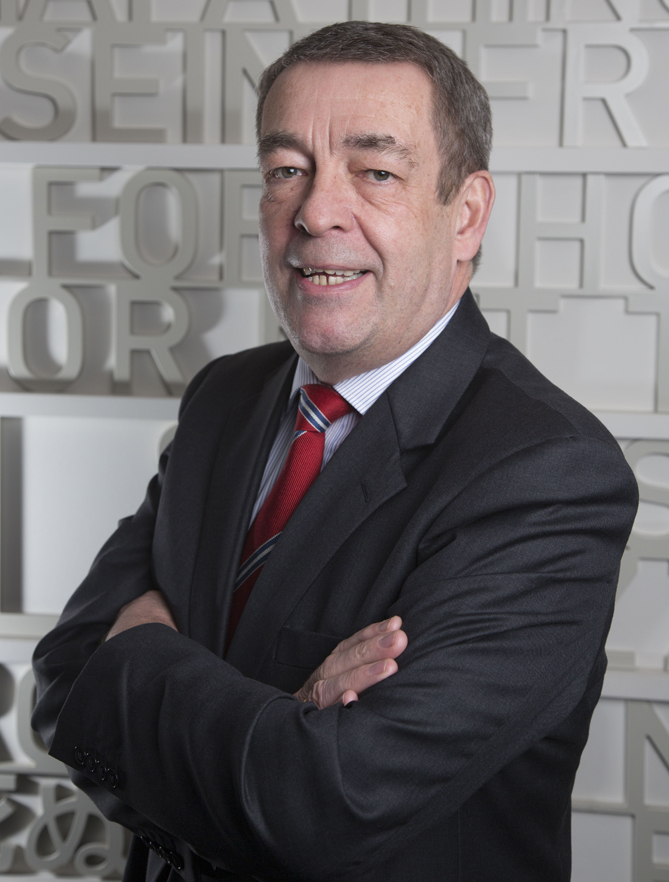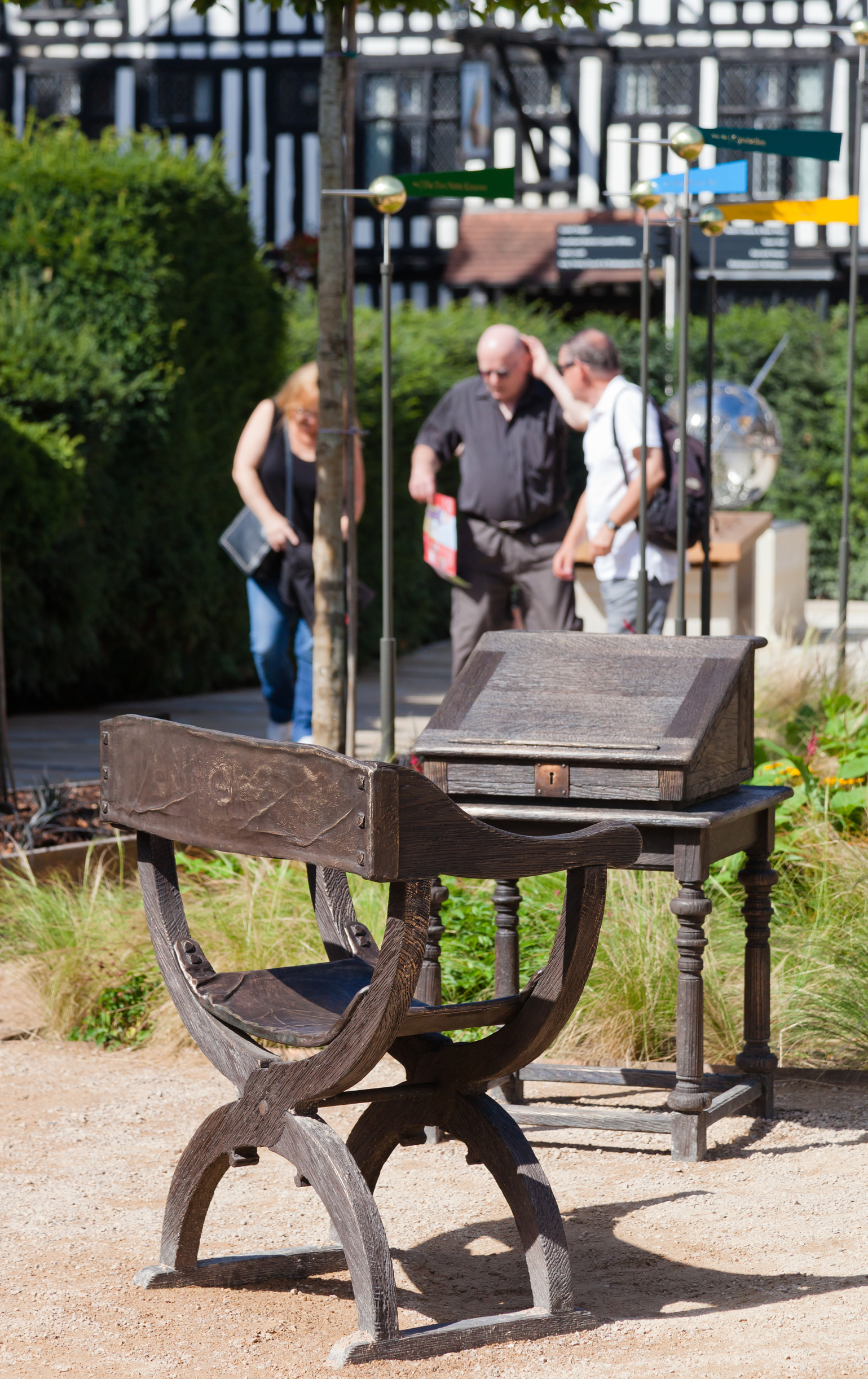
John Russell
What is your role?
I’m an executive trustee on the board. I’ve got a business background so among the diverse range of skills we have across the 12 trustees, I tick that box. In particular, I’ve done quite a lot of business in China for companies such as Land Rover.
Why China?
The team in Fuzhou team came to us with this proposition and we felt it was a good way of putting a marker down in China.
We’ve always had a relationship with them, as you do with many cultural organisations around the world. This is a project they wanted to do to increase their footprint. It was something that was of immediate interest to us. We evaluated it, decided it had merit and went from there.
As a market there’s massive interest in all things English in China and creating a point of interest there for people who couldn’t necessarily get to the birthplace in England will be good business for us.
How is Shakespeare understood in China?
Around a third of the Chinese population are currently learning to, or can already speak English. The number of people interested in Shakespeare varies on which studies you read, but those numbers would dwarf the statistics of most countries.
"We want to create a base where Shakespeare can be presented to a Chinese audience"
If you look at Stratford and our other properties, the number of Chinese people wanting to visit is growing very, very fast.
Will you develop in other countries?
We have close ties with a number of countries, including the US and in Europe, where we have established Shakespeare appreciation societies, theatre groups and more. There may well be projects that come to fruition as a result of that.
What was the internal reaction?
Fascination. We have a very passionate group of people at the Trust. Curiosity is the first thing when an organisation does anything new. People have been wanting to hear and understand more, and most importantly understand how they can support we’ve been doing.
How can you ensure the authenticity of what you’re trying to recreate?
In China, you get these replica attractions, but a lot of them don’t really have a purpose other than to exist.
Our project in China is a proper homage to Shakespeare and it’s also a basis for further education and to get people interested in the whole story.
At the very heart of the decision to go ahead with the project was our belief that our partners had the right intentions and their hearts were in the right place.
We’ve satisfied ourselves completely that that is the case here. We want to create a base where Shakespeare can be presented to a Chinese audience.
Will this new development have an impact on the Stratford site in the UK?
China’s economy is developing rapidly. More than a third of the population has benefited from this economic boom and there’s more to come.
The world will see more Chinese people travelling internationally and we expect that this – when combined with increased interest because of the new site in China – will boost visitation to Shakespeare’s Birthplace in Stratford as a result.

Shakespeare’s New Place was demolished in 1759 but a garden has been designed to commemorate the importance of the site